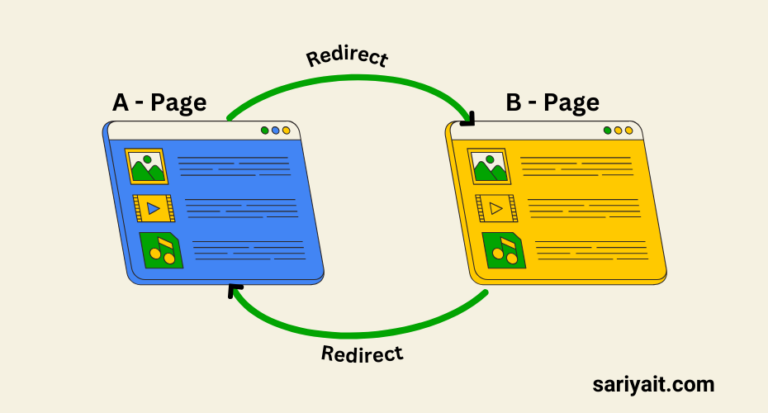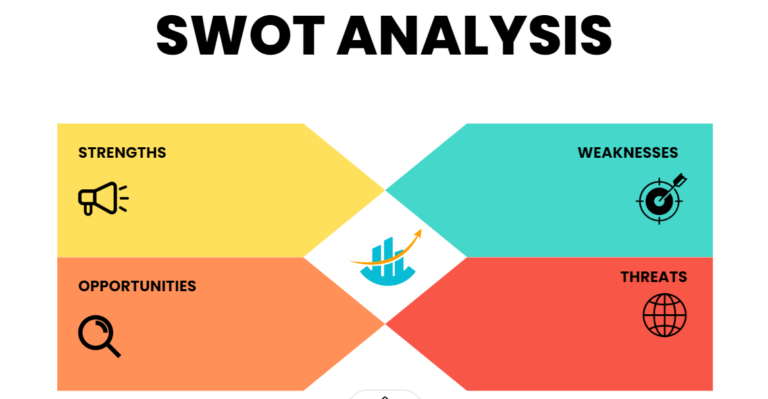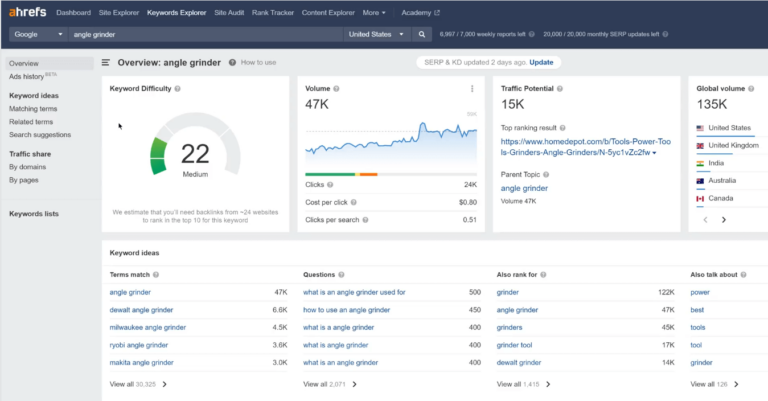Are you looking to host a dynamic website but don’t know where to start? Hosting a dynamic website might seem like a daunting task, but with the right guidance, it can be a seamless process. In this article, we will walk you through the steps and provide you with the information you need to successfully host your dynamic website. No technical jargon or complex terms, just a clear and simple guide to help you get started.
Table of Contents
1. What is a Dynamic Website?
Before we dive into hosting, let’s clarify what a dynamic website is. A dynamic website is one that can change its content based on user interactions. It often uses databases to store and retrieve information, making it ideal for e-commerce sites, social networks, and blogs.
Unlike static websites, dynamic sites allow for real-time updates, user accounts, and personalized content.
2. Selecting the Right Hosting Provider
The first step in hosting a dynamic website is choosing a reliable hosting provider. Look for a company with a good reputation, strong customer support, and a variety of hosting plans. You’ll want a provider that offers the resources and support you need to ensure your website runs smoothly.
Here are some well-known hosting providers to consider:
- Sariya IT: Sariya Hosting is known for its affordable hosting services and outstanding support, making it ideal for those with more demanding website requirements.
- Bluehost: Known for its excellent customer service and user-friendly interface, Bluehost offers a range of hosting options to suit different needs.
- HostGator: With a reputation for reliable uptime and a broad selection of hosting plans, HostGator is a popular choice for both beginners and experienced users.
- SiteGround: SiteGround is praised for its exceptional performance and top-notch security features, making it an excellent choice for hosting dynamic websites.
- A2 Hosting: A2 Hosting focuses on speed and performance, with an emphasis on turbo servers that can help your dynamic website load faster.
- Hostinger: If you’re on a budget, Hostinger provides affordable hosting plans without compromising on quality and customer support.
3. Registering a Domain Name
Your domain name is your website’s address on the internet. It’s essential to choose a domain name that reflects your website’s content and is easy to remember. Many hosting providers offer domain registration services, making it convenient to manage both your hosting and domain in one place.
4. Understanding Server Types
When hosting a dynamic website, you’ll encounter different server types: shared, virtual private server (VPS), and dedicated servers. Shared hosting is cost-effective but may have limited resources, while VPS and dedicated servers provide more control and power. Your choice depends on your website’s needs and your budget.
5. Choosing the Right Hosting Plan
Hosting providers offer various plans tailored to different needs. Consider factors like storage, bandwidth, and scalability when selecting a plan. Start with a plan that meets your current requirements, and scale up as your website grows.
Here are five tips for selecting the right hosting plan:
- Assess Your Website’s Needs: Evaluate the size and complexity of your dynamic website to determine the required resources.
- Consider Future Growth: Select a plan that allows for easy scalability as your website gains more traffic and data.
- Check Bandwidth Limits: Ensure the hosting plan provides sufficient bandwidth to support your website’s data transfer needs.
- Review Storage Options: Choose a plan with adequate storage for your files, databases, and multimedia content.
- Research Customer Support: Opt for a hosting provider with responsive customer support to address any issues promptly.
6. Setting Up Your Website
Once you’ve chosen a hosting plan, it’s time to set up your website. You can use website building tools provided by the hosting company or upload your custom website files. Ensure your website is designed to be dynamic, allowing for real-time content updates.
7. Database Configuration
Dynamic websites rely on databases to store and retrieve information. Make sure to configure your database correctly. This involves setting up tables, fields, and relationships, depending on your website’s needs.
8. Content Management Systems (CMS)
To manage your dynamic website’s content efficiently, consider using a Content Management System (CMS) like WordPress, Drupal, or Joomla. CMS platforms provide user-friendly interfaces and a wide range of plugins to enhance your site’s functionality.
9. Website Security
Website security is crucial. Protect your dynamic website from threats like malware, hackers, and data breaches. Regularly update your website’s software, use strong passwords, and consider using a Secure Sockets Layer (SSL) certificate for encrypted data transfer.
10. Regular Backups
Don’t forget to back up your website regularly. This ensures that you can quickly recover your data in case of unexpected issues or data loss. Many hosting providers offer automated backup solutions for convenience.
11. Website Performance Optimization
Optimizing your website’s performance is essential for user satisfaction. Compress images, enable caching, and minimize unnecessary code to improve loading times. A faster website leads to a better user experience.
12. Monitoring and Support
Constantly monitor your website’s performance and security. Most hosting providers offer monitoring tools to help you keep an eye on your site’s health. Additionally, make sure you have reliable customer support in case you encounter any issues.
13. Scaling Your Website
As your website grows, you may need to scale up your hosting resources. Be prepared to upgrade your hosting plan or move to a more robust server to accommodate increased traffic and data demands.
In conclusion, hosting a dynamic website involves several steps, but it’s manageable with the right guidance. From understanding the basics to choosing the right hosting plan and ensuring security and performance, you can successfully host a dynamic website that engages your audience. So, get started and watch your dynamic website come to life!






